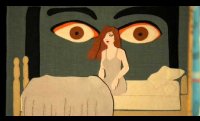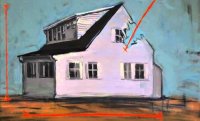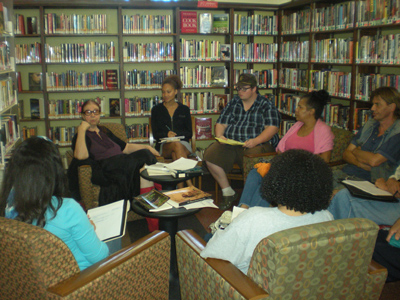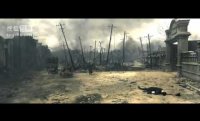Amazon and Penguin Announce Fifth Annual Breakthrough Novel Contest
Once again in 2012 Amazon will partner with Penguin Group to hold a contest for early-career novelists.
The two media giants announced last week that the fifth annual Breakthrough Novel Award competition, which offers an advance of fifteen thousand dollars and a publication contract with Penguin, will open on January 23 and close to entries on February 5—or once five thousand entries have been submitted in the general fiction category (a young adult competition is being offered as well).
The assessment process for the contest is five-tiered. First, Amazon editors will select one thousand manuscripts from the total pool, and, with the assistance of seasoned Amazon reviewers, will whittle that group down to two hundred fifty. Those that make the cut will be reviewed and rated by Publishers Weekly reviewers, and the most favored fifty will be handed off to editors at Penguin, who will select three finalists.
The shortlisted writers will have their manuscripts reviewed by a panel that includes editor Anne Sowards, literary agent Donald Maass, and thriller author Linda Fairstein, and Amazon users will then be able to vote for a winner based on the reviews and manuscript excerpts. Amazon will reveal the winner on June 16.
For contest guidelines and the fine print, visit the Amazon website.







 The writing workshops were a wonderful asset to the community and to the city. Writers came from all areas of the city to participate in these workshops. It was wonderful to hear and see the enthusiasm expressed by the participants. As I watched them listening to Lee’s instructions with concentrated attention, I could see that they could not wait for the time when they would be able to read their own work to the group. As each took his or her turn, the others listened and made suggestions for improvements. The ideas for improvement were discussed and rationale explained. Then Lee gently presented her own suggestions for improvements.
The writing workshops were a wonderful asset to the community and to the city. Writers came from all areas of the city to participate in these workshops. It was wonderful to hear and see the enthusiasm expressed by the participants. As I watched them listening to Lee’s instructions with concentrated attention, I could see that they could not wait for the time when they would be able to read their own work to the group. As each took his or her turn, the others listened and made suggestions for improvements. The ideas for improvement were discussed and rationale explained. Then Lee gently presented her own suggestions for improvements.